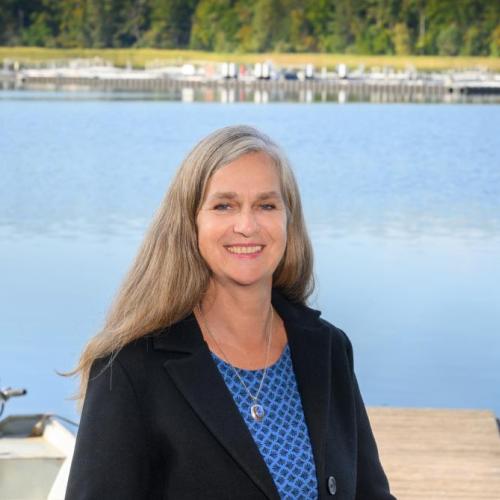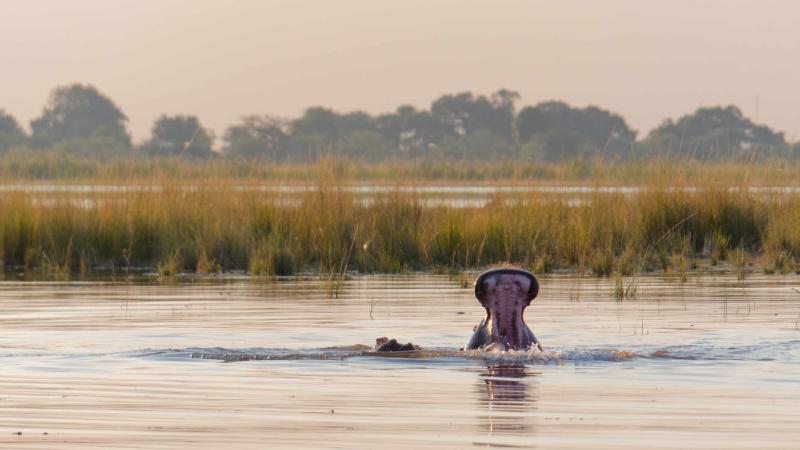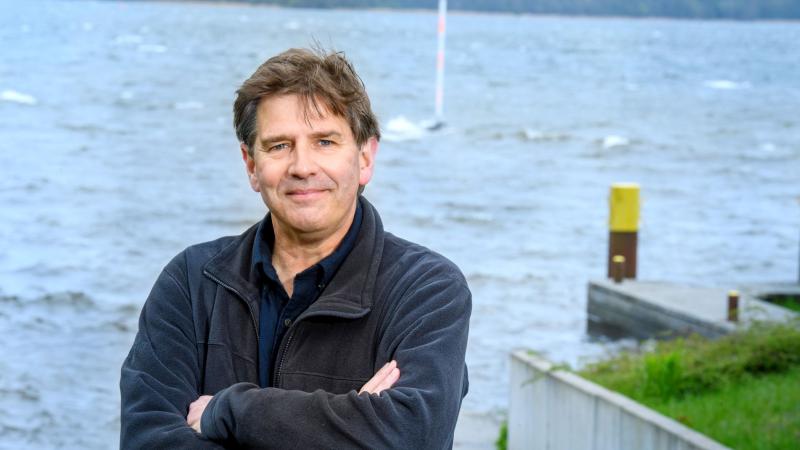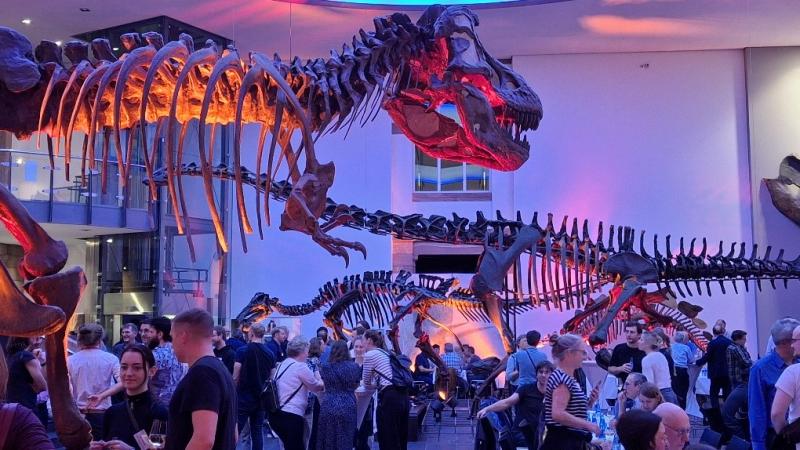The experimental infrastructures also include the IGB LakeLab in Lake Stechlin with its unique dimension (24 mesocosms with 1,270 m³ each). | Photo: Martin Oczipka, HTW Dresden
"For more than 100 years, inland water and marine research have largely developed in parallel to each other. Now it's time to reunite both", says IGB researcher Jens Nejstgaard, who leads the new EU project. In AQACOSM scientists from both disciplines are building an integrated, international network of experimental infrastructures. Their aim is to significantly improve the quality of experimental data for all types of water. "We want to better coordinate international large-scale experimental research projects, develop good practices together, and open up the freshwater and marine mesocosm research infrastructures for a broader international, interdisciplinary collaboration", says Jens Nejstgaard.
Mesocosms are containers in which large volumes of water including the natural organisms is experimentally enclosed and manipulated. In this way effects of individual and combined stress factors can be tested on entire ecosystems over weeks to years.
Within the project AQUACOSM researchers will examine how different aquatic ecosystems react to environmental impacts caused by global climate change and the increasing pressure by the growing world population. "The impact of these stress factors can vary widely within different ecosystems and seasons", emphasizes Nejstgaard. Therefore they have to be investigated in different climatic and geographic regions, using comparable mesocosm experiments and measurement methods. AQUACOSM offers the necessary research infrastructures to do experimental research in a range of different European water types, in climatic and geographic zones stretching from the Arctic to the Mediterranean.
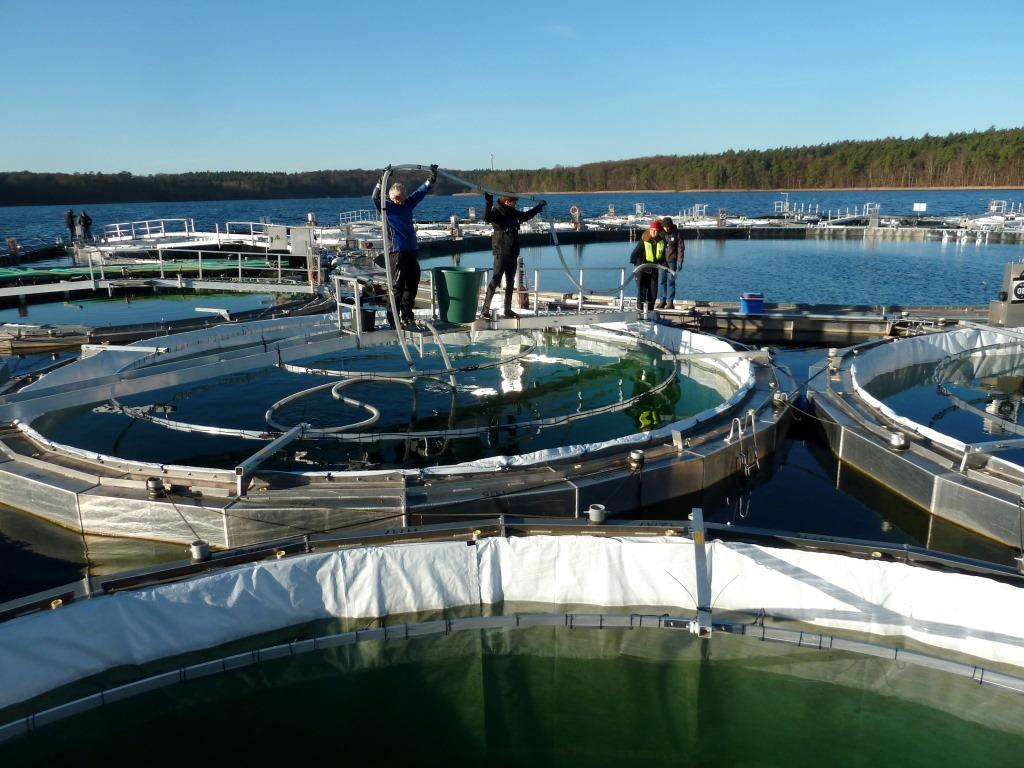 Sampling at the mesocosms of the IGB LakeLab. | Photo: Jens Nejstgaard
Sampling at the mesocosms of the IGB LakeLab. | Photo: Jens Nejstgaard
The experimental infrastructures of the 21 partner institutions include, for example, tank systems and flow channels on land, such as in Lunz am See (Austria) and large free-floating open-ocean facilities such as The Kiel Offshore Mesocosms (KOSMOS). The IGB-LakeLab in Lake Stechlin also set a new benchmark in experimental freshwater research with its unique dimension (24 mesocosms with 1,270 m3 each).
Launched in January 2017, the AQUACOSM project runs until December 2020 and is unique in size and approach. It is supported by the European Union H2020-INFRAIA Project No. 731065 with a budget of € 9,999,807.
Further information about the Project Aquacosm.



